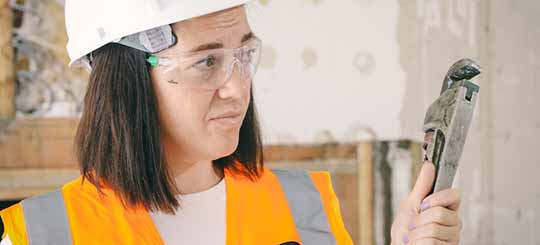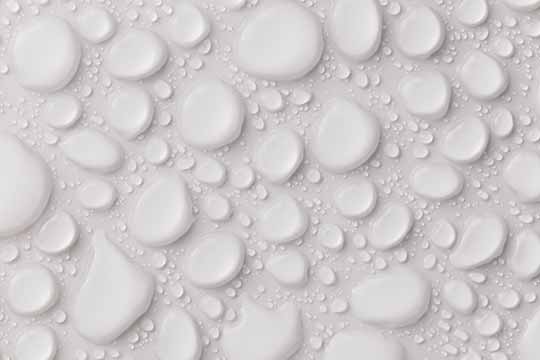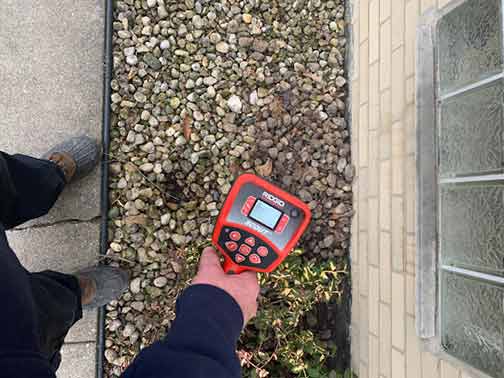Facing leaks in the home can be a severe issue. One that can be tough to detect and even harder to fix sometimes. It also requires a lot of patience and money to invest. If left unchecked, it can be an even bigger disaster. Not two of the leaks are the same. They can also be very easy or challenging to detect. Some are well hidden that you do not even know you are suffering from one. It can often be seen as a spike in the water bills and can be the only way to spot it. The best solution is to hire professional plumbers and have regular inspections. But how do plumbers detect leaks? This article will discuss some methods and technology plumbers use to detect water leaks.
How to detect leaks
Apart from detecting the leakage with your eyes, leaks can be extremely tough to spot, even for a trained eye. Leaks can be found deep in the plumbing system, below ground, or in walls, so no matter how much of a good vision you have, you still won’t be able to detect them. Modern technology has allowed us to improve our “shortcomings” and make our lives much easier. Here are some of the methods modern plumbers use:
- visual “eye” detection
- sound detection
- detection by pressure
- video-feed detection
According to plumbers at chicagoplumbingexperts.com, these methods have proven to be the best and most adequate means of discovering leaks in plumbing systems. They also state that using the correct tools is the key and should always be left to professionals to handle it.
Detecting leaks
The first thing every expert plumber will do when coming to your home is to make an inspection. That means that he will take his time to assess and discover any potential leaks by eye. He will search the most common and less common spots where leaks can occur. This method is the basis of every plumbing inspection and a staple to many regular check-ups and inspections you must undergo. A well-trained eye will spot any abnormalities that might be occurring. Another interesting method that they implore is sound detection. Although it can be challenging to assess the spot where leaks could be, it can be a great tool in narrowing down the general location of the leaks. After the inspection, he will continue the search with modern tools.

Visual and sound detection is how plumbers detect leaks.
Video inspection
The video inspection is the most precise leak inspection there is. Video inspection consists of small cameras mounted atop long and flexible optic cables. With them, skilled experts can access the plumping system through the outlets and search for leaks. The image will then be sent directly to the monitor, giving a live feed from the optic cable. Although it may be slow, this method guarantees precision findings. It enables the plumber to access the system’s otherwise inaccessible parts and precisely locate the leaks. As stated by evolutionmoving.com experts, this method is also helpful when you have pipes that go through inaccessible walls blocked by furniture. Instead of moving all the furnishings for a better view of the pipes, you can just use the sewer camera inspection service.

Video inspection is a good way of finding leaks
Plumbers detect leaks with listening discs
Another handy tool every plumber should have is the listening disc. Detecting leaks through walls and furnishings has never been easier. These discs search for sound frequencies of the leaking water. The plumber listens to the water running through the system and detects changes. That has become a primary method to pinpoint the vicinity and location of the possible leak. The plumber will see that location on the screen and determine how to proceed next. Another great ability of these discs is that they can detect sounds through thick materials such as brick, concrete, and stone.
Hurt your chances of a sale
Many things can hurt the price and chances of sale for your home. Owning broken or lousy plumbing is one of them. It is even on the top of the list of things that hurt your property the most. Bad plumbing can hurt your chances for sale drastically. It also devalues the house and can lead to buyers unwilling to invest in your property. It has become a staple for buyers to do a routine check or inspection of the plumbing system. Since it is very costly and tough to replace you home plumbing pipes or spend hours and thousands of dollars on repairs, many buyers don’t bother to invest. That is why owning a flawed or broken plumbing system hurts the chances of a sale.
Plumbers detect leaks with soiling probes
Soling probe is an excellent method of detecting leaks. Leaks in the sewer lines can be complicated to spot. The lines also go through lawns and yards, making it even more difficult. That is where soiling probes come in. These gadgets track the pressure in the pipelines and help pinpoint the leak’s location. It detects pressure spikes through the earth, grass, and even concrete, emitting a beeping sound. The sound gets louder as the device approaches the point of leakage. Due to the different sounds, a seasoned plumber can then detect the exact leaking point and nature of the leak and prepare for the repair process accordingly.
Thermal imaging cameras
Like the video inspection we discussed in the previous paragraph, thermal cameras work similarly. These “heat scanners” help detect the most complex leaks hidden in walls, concrete, or hot water systems. These thermal cameras find heat spots and signatures and make them visible on the monitor. This way, you can spot things an eye can’t see, such as moisture. They are exact and can easily find any leaking spots. These cameras are ideal for covering larger areas quickly, so you won’t be spending much time trying to assess the possible location of leaks.

One of the best methods of finding leaks is using thermal imaging cameras


